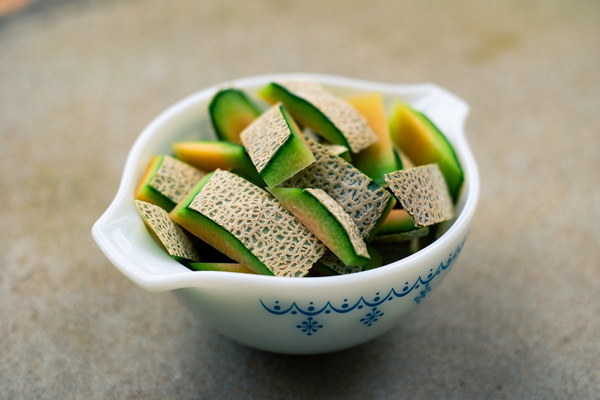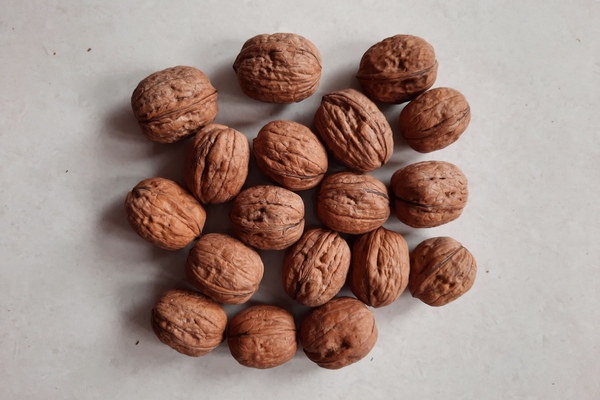Revitalize Your Health A Comprehensive Guide to Alkaline Diet for Acidosis
Acidosis, a condition characterized by an excessive accumulation of acid in the body, can lead to a range of health issues. To combat this imbalance, it is essential to adopt an alkaline diet, which focuses on consuming foods that help neutralize acidity. In this comprehensive guide, we will explore the benefits of an alkaline diet, discuss foods that can help combat acidosis, and provide you with practical tips to revitalize your health.
Understanding Acidosis and its Causes
Acidosis occurs when the body's pH level becomes too acidic, disrupting the balance of electrolytes and enzymes. This imbalance can lead to various health issues, including fatigue, joint pain, and weakened immune function. Common causes of acidosis include a poor diet high in processed foods, excessive alcohol consumption, and certain medical conditions.
The Benefits of an Alkaline Diet
An alkaline diet focuses on consuming foods that are rich in minerals such as calcium, magnesium, and potassium, which help neutralize excess acid in the body. By adopting an alkaline diet, you can experience several health benefits:
1. Improved digestion: Alkaline foods are easier to digest, leading to better nutrient absorption and reduced bloating and constipation.
2. Increased energy levels: By reducing the acidity in your body, you can boost your energy levels and improve overall vitality.
3. Enhanced immune function: A balanced pH level strengthens the immune system, helping you fight off infections and diseases.
4. Improved bone health: Alkaline foods can help maintain healthy bone density and reduce the risk of osteoporosis.
5. Reduced inflammation: By neutralizing excess acid, an alkaline diet can help reduce inflammation and alleviate symptoms of chronic diseases such as arthritis.
Foods to Include in Your Alkaline Diet
To revitalize your health and combat acidosis, incorporate the following alkaline foods into your diet:
1. Leafy greens: Spinach, kale, and collard greens are rich in calcium, magnesium, and potassium, making them excellent choices for an alkaline diet.
2. Almonds and walnuts: These nuts are packed with healthy fats, protein, and minerals that can help neutralize acid.
3. Fruits: Berries, melons, and citrus fruits are alkaline-forming and can help balance your body's pH levels.
4. Vegetables: Carrots, cucumbers, and bell peppers are low in acid and high in essential nutrients.
5. Whole grains: Quinoa, brown rice, and oatmeal are alkaline-forming and provide a good source of fiber and complex carbohydrates.
6. Legumes: Lentils, chickpeas, and black beans are rich in protein and essential minerals that can help combat acidosis.

Practical Tips for an Alkaline Diet
Transitioning to an alkaline diet can be challenging, but with these practical tips, you can make it easier:
1. Start gradually: Incorporate more alkaline foods into your diet over time, rather than making drastic changes.
2. Focus on whole foods: Minimize the consumption of processed and packaged foods, which are often high in acid.
3. Stay hydrated: Drinking plenty of water can help flush out excess acid and maintain a balanced pH level.
4. Monitor your pH level: Use pH strips or a pH meter to track your body's pH levels and ensure you are on the right path.
5. Consult with a healthcare professional: Before making significant changes to your diet, it is essential to consult with a healthcare professional to ensure that the alkaline diet is suitable for your specific health needs.
By adopting an alkaline diet and incorporating these practical tips, you can revitalize your health and combat acidosis. Embrace the benefits of alkaline foods, and take the first step towards a healthier, happier you.









